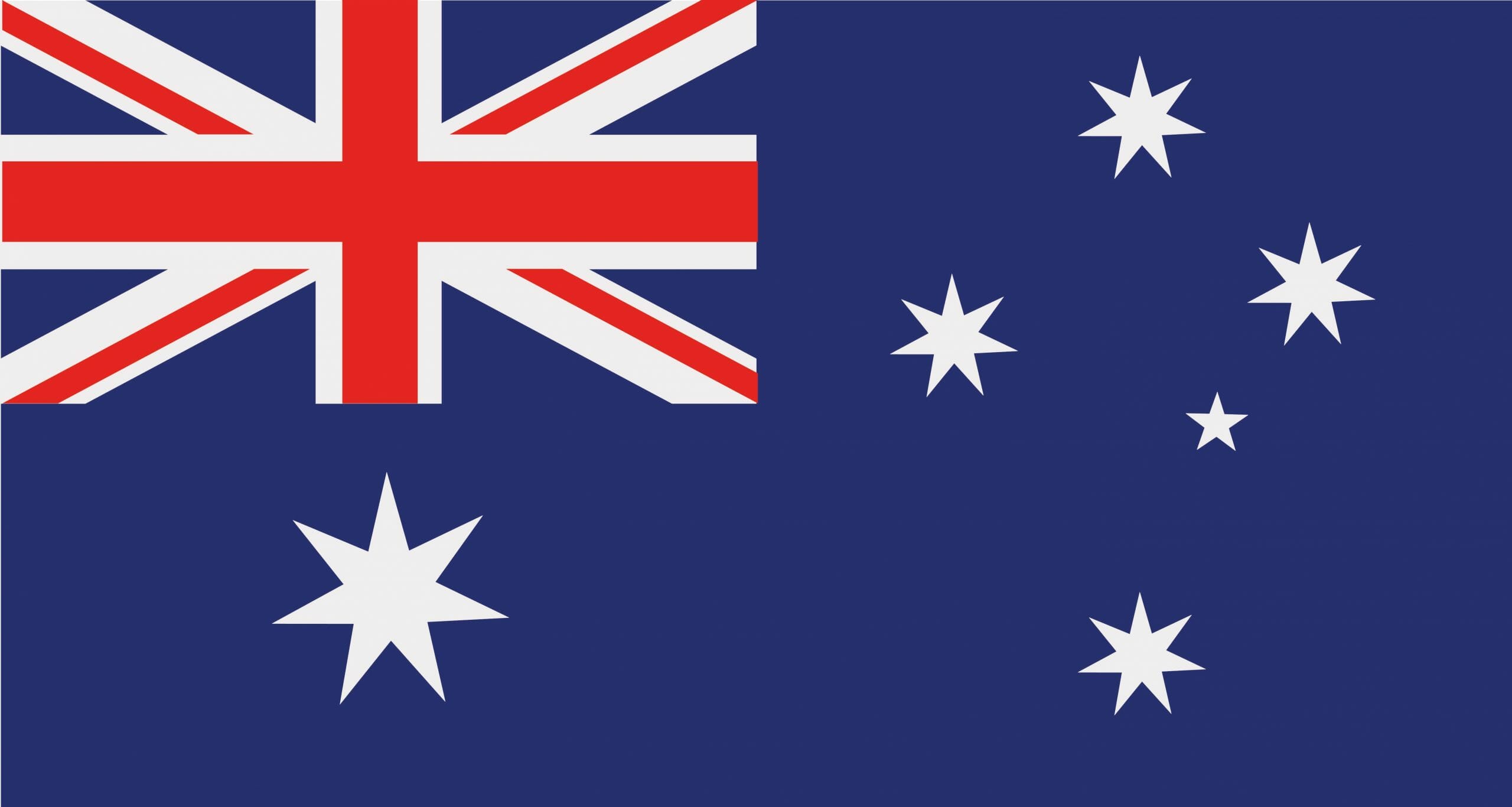The Department of Immigration has announced that a new Labour Agreement template for the Horticulture Industry will be available from January 1, 2020.
This agreement will allow Australian employers to sponsor skilled and semi-skilled workers for the following visas:
- Subclass 482 Temporary Skills Shortage (TSS) visa;
- Subclass 494 Skilled Employer Sponsored Regional (SESR) visa – with a pathway to permanent residency through the Subclass 191 Permanent Residence (Skilled Regional) visa;
- Subclass 186 Employer Nomination Scheme (ENS) visa through the temporary residence transitional pathway.
Occupations including Horticulture Grower, Horticulture Farm Manager, Production Horticulturist, and Facility Supervisor have been included in the Labour Agreement despite not appearing in the ANZSCO. Definitions of these occupations will likely appear in the Labour Agreement template itself.
Also included in the list are Truck Driver, Fork Lift Driver, Nursery person, Machinery Manager, Quality Assurance Manager, and Mechanical Engineer.
A list of occupations that can be nominated under a Labour Agreement is available here.
Applicants for an ENS or SESR visa can be up to 50 years of age when applying for the visa.
Salary Requirements
It is possible to obtain a discount of up to 10% on the minimum annual earnings – known as the Temporary Skill Migration Income Threshold (TSMIT) – where it can be demonstrated that wages for equivalent Australian workers are also below TMSIT. This is currently set at AU$53,900 per annum, so with the discount, minimum annual earnings could be as low as AU$48,510.
In addition, a broader range of monetary and non-monetary benefits (such as accommodation) can be included as part of the “guaranteed earnings”. This is great news for employers in regional Australia who usually package accommodation and other living arrangements with an employee’s salary.
English Language Requirements
Under the Labour Agreement template, TSS visa applicants would only require an overall IELTS 5.0 with a minimum of at least 4.0 in each individual component.
Applicants for the ENS and SESR visas must also obtain a score of at least IELTS 5.0 overall, with a minimum of at least 4.5 in each individual component.
Other Requirements
Employers are required to show that the standard Labour Market Testing requirements for the TSS and SESR program have been met prior to lodgement of a Nomination application.
Visa applicants for the TSS visa will require a skill assessment, aligning this with the SESR visa requirements.
Our Advice
Employers who have questions or would like to take advantage of this visa should contact a Wolfsdorf Rosenthal immigration attorney or email the WR Global Immigration team at Global@Wolfsdorf.com for case specific advise.


